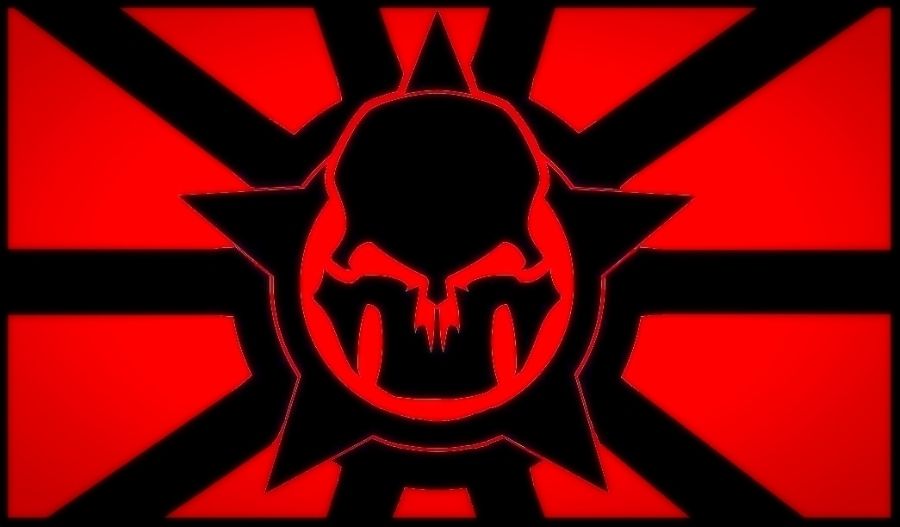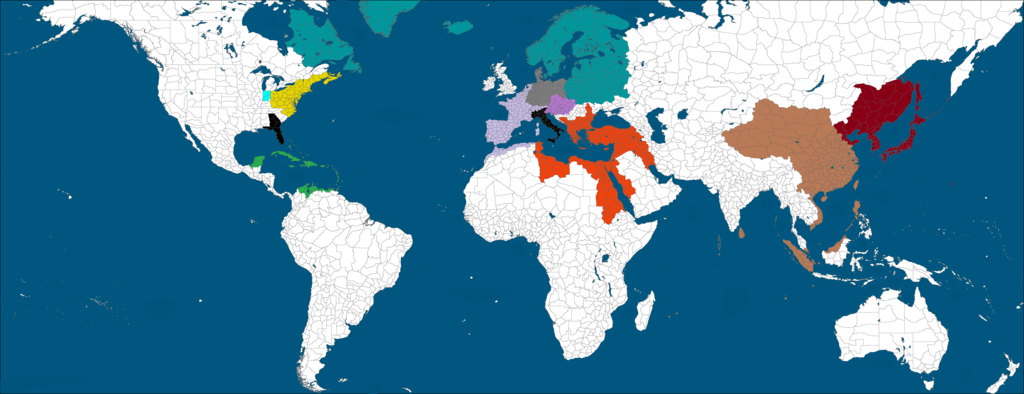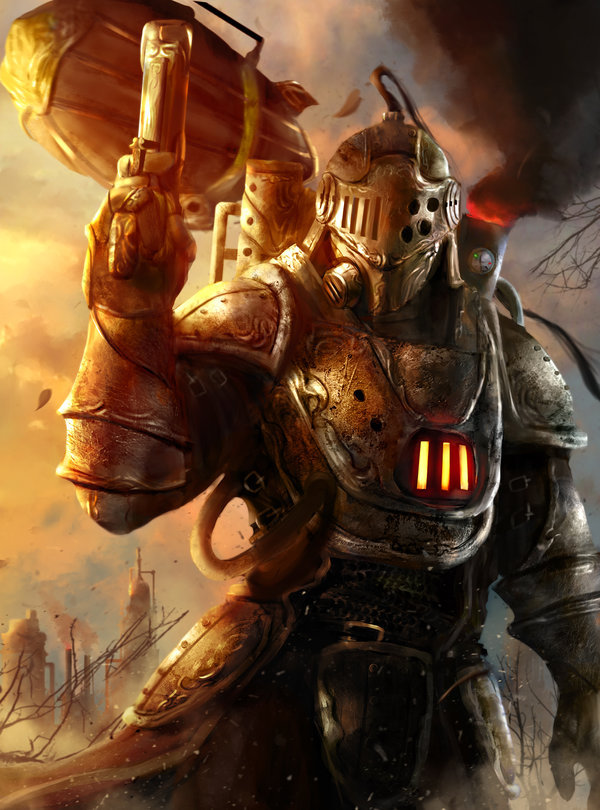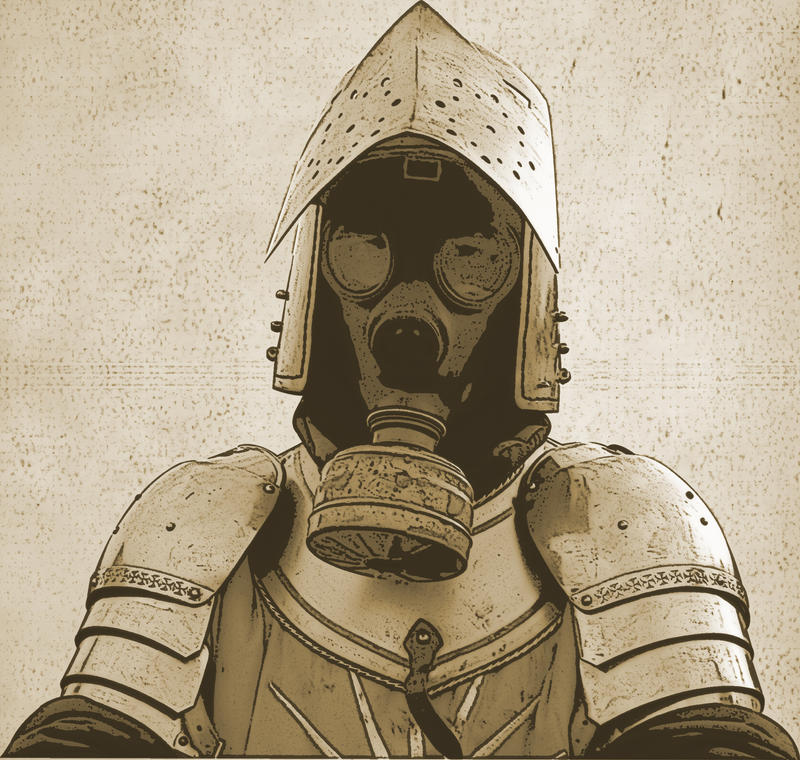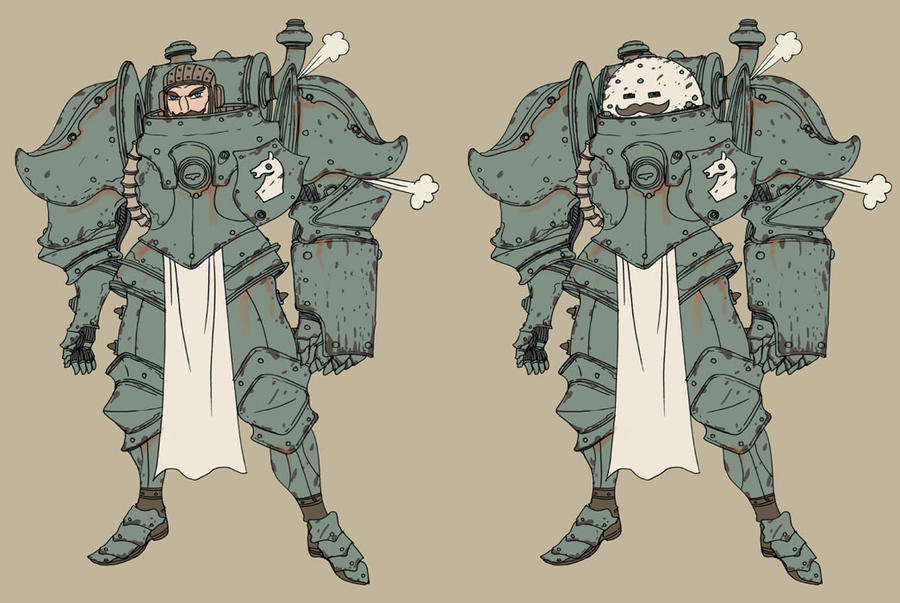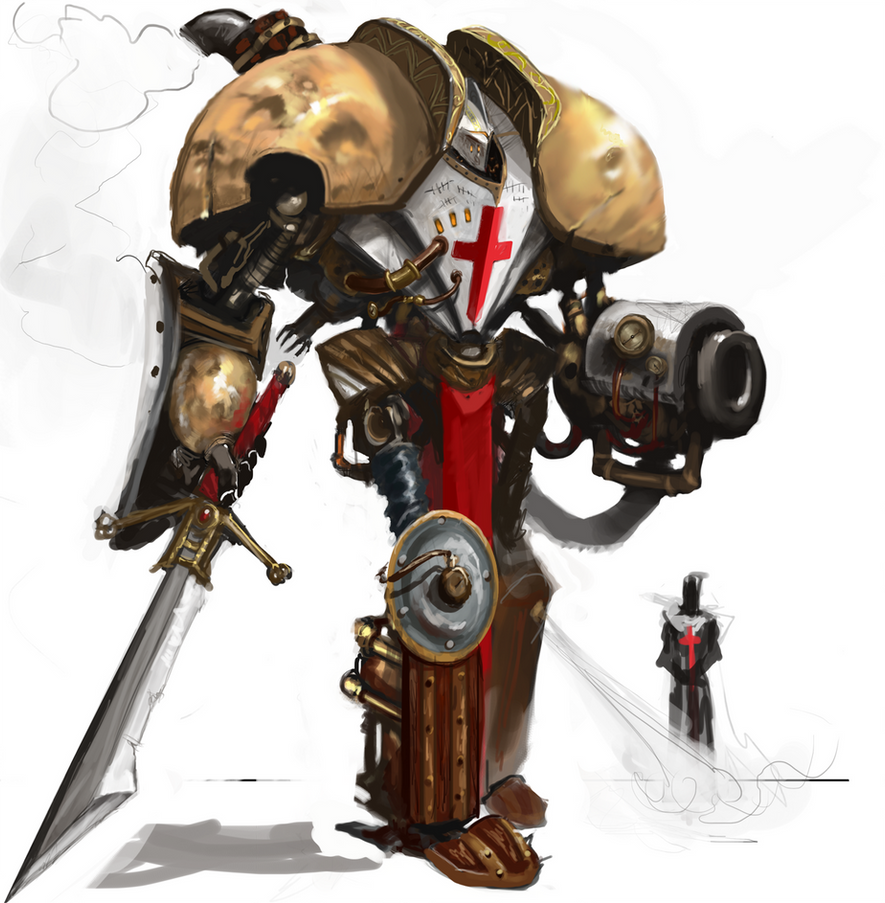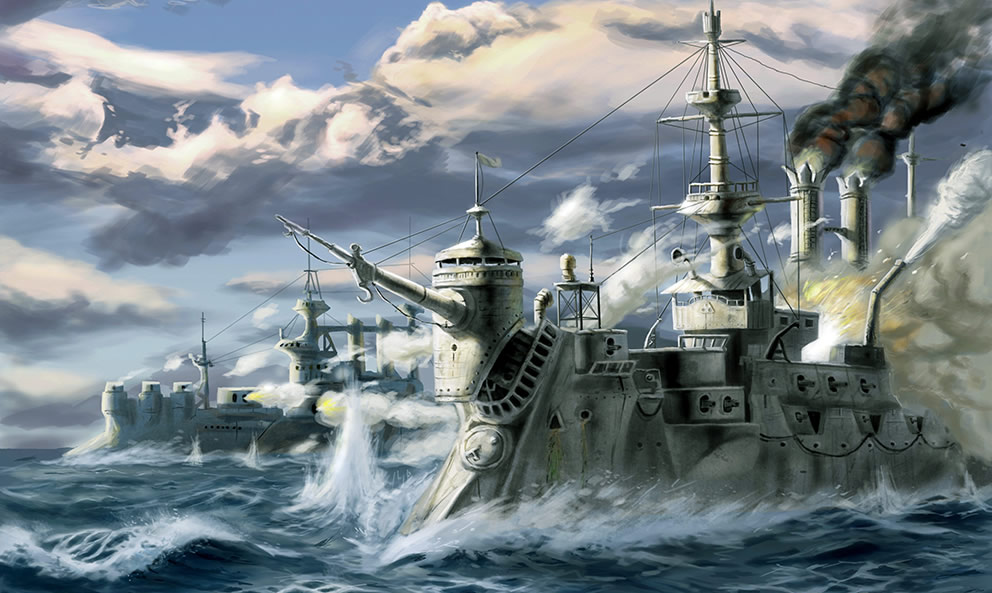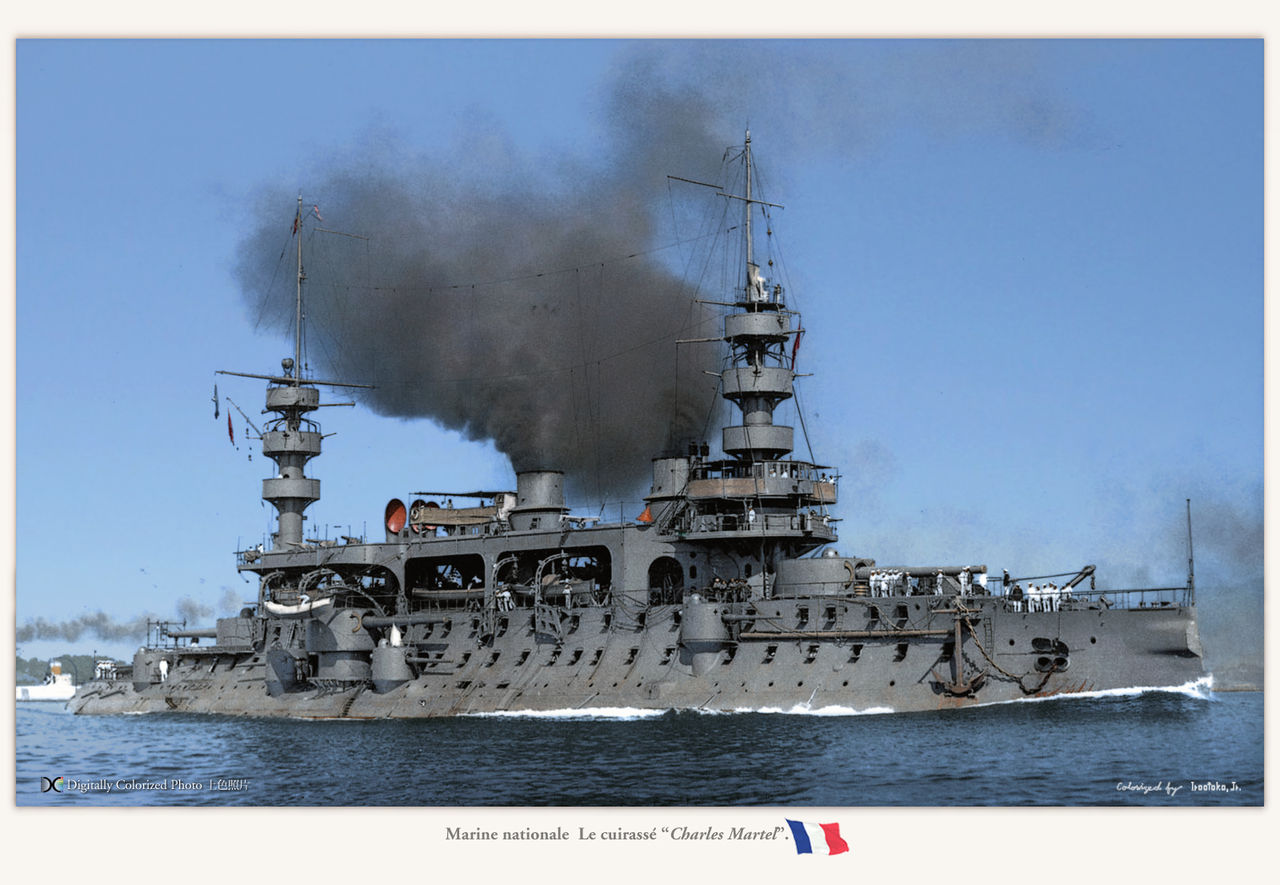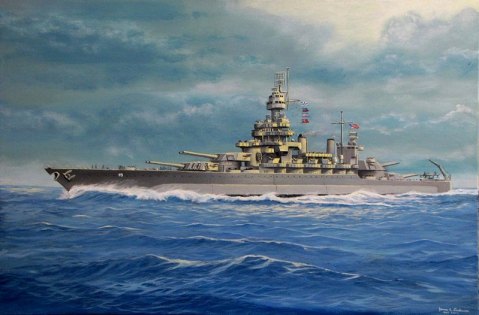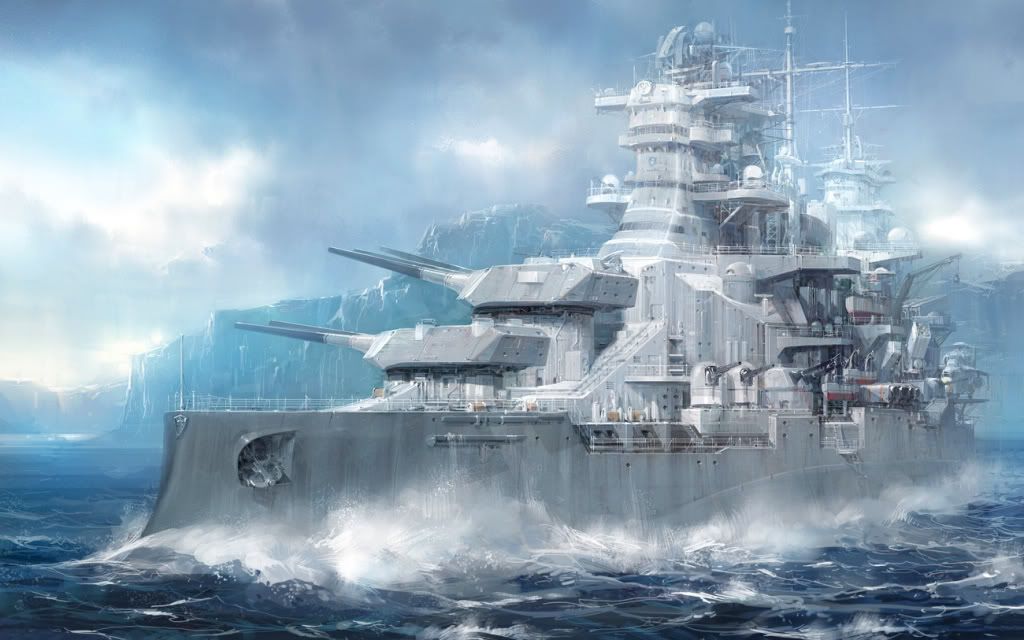Name of Nation:
The Lancian Empire (Die Lanzen Reich)
Territory:

Grey color
Description of Government:
The Lancian Empire is considered an Absolute Monarchy, being ruled by the Kaiser, or Kaiserin if the ruler is female. In full the title actually stands for Kaiser/Kaiserin of the Lancian Peoples (Kaiser / Kaiserin der Lanzen Völker), however due to the length of the title the monarch is simply referred to as the Kaiser/Kaiserin. While the Kaiser holds absolute authority, various departments and other facets of government exist to help the Monarch rule over the Lancian Empire. This includes the parliament, as well as various titles that existed before The Lancian Empire was fully united, however the Kaiser does reserve ultimate authority to override the decisions of the branches as he pleases. It is to be noted though, that with some colonies that the method of administration may be different, and the Kaiser may not have as direct of an authority as he does over the homeland or other colonies.
Description of Economy:
While the Lancian Empire only recently formed into one whole, they already have a strong industrial base that is rapidly expanding. With the former kingdoms, duchies, and free cities that now make up the Lancian Empire being known for their industrial inventions as well as their hard work ethic, the industry of these regions have helped contribute to the strength of Lancia as a whole, as well as plenty of savvy investors and scientists to help industry grow faster: and agrarian industry has also helped Lancia. However while Lancia is very economically powerful, in recent years they have become more dependent upon resources from their colonies and abroad. Mainland Lancia does have large blue coal deposits, but it simply is not enough to maintain the Lancian industrial base. This has helped fuel Lancia’s desire to expand into Hadracia, as they want to do their best to minimize their dependence on foreign materials.
Description of Culture:
Lancians as a whole are very nationalistic and patriotic people. They believe that the path forward is assisting the nation as a whole to help everyone benefit and grow. They are also known for being a very fierce and warrior like people, having been involved at least indirectly with mercenary groups in every major conflict since the recorded history of Edoniras. Militarism has such become standard as a part of Lancian politics. Lancia has also helped make significant contributions to the cultural and scientific history of the continent.
Religiously Lancia has for the most part followed a monotheistic religion known as Adasim. It is pretty standard, with one god and a description of how he came to create the world. It also teaches and practices various virtues they are said to be essential for a safe passage into heaven, or if these virtues are denied and a life of sin is lived instead, then the person is considered damned and sent to the underworld.
Interesting to note is that not all of the nobility in Lancia was born into it, or ended up receiving such titles by gaining wealth. Rather they were awarded the Iron Cross(Eisernes Kreuz) through “valiant and honorable deeds in the field of battle”. Those awarded the Cross are considered the most elite and powerful of Lancia’s soldiers, and upon retirement are awarded an estate and some wealth for their service. Due to this, most of Lancia’s nobility now comprises former soldiers who, rather than the the typical self-serving arrogance of other nobles, actually wish to see Lancia grow and prosper. A few, but not all, of these nobles usually take their funds and seek higher education after leaving the army. Not all are successful but they often become governors or administrators and continue to serve Lancia after their retirement.
It is to be noted, that despite all of this, Lancia is very anti-immigration. Immigrants from anywhere except Eisenkreis, which by blood and culture is Lancian and many in Lancia consider if not brothers, good friends, are looked down upon and often are considered second-class citizens. While this does not extend to the diplomatic matters of the Empire, it has been a point of contention for other states who have citizens living or working within Lancia
Description of Military:
The Lancian Military is divided into 3 parts, with various armies, fleets, or wings falling under those. The first is the Kaiserlichen Lanzen Streitkräfte, or Imperial Lancian Armed Forces, who manages the ground-based forces of the Empire. The second is the Kaiserliche Lazen Marine, or Imperial Lancian Navy, controlling of course, the various fleets and ships of the Empire. The final one is the Kaiserliche Lanzen Luftwaffen, or Imperial Lancian Airforce, who manages the various airships and steam planes of the Empire. The technology of the Lancian military is modern and current, and they often help pioneer new advances in warfare due to their scientific base.
History:
The point at which most scholars choose to begin discussing the history of the Lancian Empire usually start with the rise of the Kingdom of Prukin. Besides Eisenkreis, Prukin was rose to be the only other Lancian state with significant influence and power. It was under the Wilhelm Dynasty where this truly began. Dukes of Eastern Prukin before the previous Dynasty died out, their early rule led to many changes. They helped jump start new economic projects and helped fund a greater expansion of civil works.
It was however upon the discovery of the New World that the rising star that was Prukin began to truly shine. In the interest of growing their power, Prukin funded a naval expansion, as they saw it as the only way to participate in the colonization race in the New World. While it took them a while to get started, the territory now known as the Imperial Lancian Archipelago States helped establish a model which Lancia could use for future colonization efforts, and showed that the Kingdom of Prukin was on a rise to becoming one of the world’s Great Powers.
Lancian history progressed uneventfully until a few short decades after the discovery of blue coal, upon where Queen Alena, who later would become the Lancian Empire’s first Kaiserin, ascended to throne. Under a pen name, so as to disguise her intentions with the book to foreign rulers, she wrote a book simply entitled “Lancian Pan-Nationalism”. It went into great detail about how a new United Lancian State could be formed that would rise to glory and greatness, and represent all that Lancia is. It also detailed and began spreading fear of a close neighbor of the Lancian region, a neighbor that would likely stand in the way of Lancian Unification. The closing line of the book simply said that “If the People of Lancia wish to truly prove to the other nations of the world that we are powerful and great, then a united state must be formed to guide that initiative.”
The book quickly became popular amongst smaller states, and also helped many states to be guided into the influence of Prukin. With all of the Northern Lancian states under it’s control, Alena finally announced to the world that the Kingdom of Prukin primary goal was a united Lancian State. Using it’s influence, the small Duchy of Ratov in was pressured into agreeing to join a United Lancian State when it was ready to be formed.
After more political maneuvering, the Southern Lancian States were finally convinced to join a United Lancian State, and the Lancian Empire was born. Kaiserin Alena was crowned and stepped forth, much to the applause of Lancians everywhere, however some separatism was noted in a few of the Kingdoms, but it has been dying out ever since.
However, Eisenkreis, who had been influential over Rostov, and also controlled the rest of the region in which Rostov was considered a part of, was angry over its unification. Negotiations were attempted, but they quickly broke out into war. Initially Eisenkreis was able to slam the small army in Rostov, as at this point in time the only military the new Empire had was the former armies of it’s constituents. However Kaiserin Alena acted quickly, using a loose organization to get the militaries of the constituents in order and working together.
After a few decisive victories on the part of the Lancian Empire, Eisenkreis surrendered and asked for negotiations.. Initially Alena wish to take the other half of the region, as the region held some of the largest blue coal mines in the Lancian region, but in the interest of maintaining good relations with Eisenkreis, and in interest of appeasing the many who saw the war as an atrocity(it was often called the Brother’s War in the Lancian Empire, as Eisenkreis still is and was considered Lancian), Eisenkreis’s half was left under their control so long as they recognized that the Duchy of Rostov was now under the control of the Empire.
Shortly after the end of the war, Kasierin Alena died of old age, having lived a long life and being weary of all of the politics she faced in achieving her goals. Her son, Kaiser Gabriel, took control of the throne and his son Erich took the title of Crown Prince. The new Kaiser continues many of his mother’s policies, as well a greater expansion of Naval and Air power so that Lancia may stake their claim on Hadricia. In his first address to the public, he stated that “It is our god-given right as the hardworking proud people of Lancia to lay claim to the uncivilized lands of Hadricia, for our own good and the good of generations to come.”.
The Lancian Empire (Die Lanzen Reich)
Territory:

Grey color
Description of Government:
The Lancian Empire is considered an Absolute Monarchy, being ruled by the Kaiser, or Kaiserin if the ruler is female. In full the title actually stands for Kaiser/Kaiserin of the Lancian Peoples (Kaiser / Kaiserin der Lanzen Völker), however due to the length of the title the monarch is simply referred to as the Kaiser/Kaiserin. While the Kaiser holds absolute authority, various departments and other facets of government exist to help the Monarch rule over the Lancian Empire. This includes the parliament, as well as various titles that existed before The Lancian Empire was fully united, however the Kaiser does reserve ultimate authority to override the decisions of the branches as he pleases. It is to be noted though, that with some colonies that the method of administration may be different, and the Kaiser may not have as direct of an authority as he does over the homeland or other colonies.
Description of Economy:
While the Lancian Empire only recently formed into one whole, they already have a strong industrial base that is rapidly expanding. With the former kingdoms, duchies, and free cities that now make up the Lancian Empire being known for their industrial inventions as well as their hard work ethic, the industry of these regions have helped contribute to the strength of Lancia as a whole, as well as plenty of savvy investors and scientists to help industry grow faster: and agrarian industry has also helped Lancia. However while Lancia is very economically powerful, in recent years they have become more dependent upon resources from their colonies and abroad. Mainland Lancia does have large blue coal deposits, but it simply is not enough to maintain the Lancian industrial base. This has helped fuel Lancia’s desire to expand into Hadracia, as they want to do their best to minimize their dependence on foreign materials.
Description of Culture:
Lancians as a whole are very nationalistic and patriotic people. They believe that the path forward is assisting the nation as a whole to help everyone benefit and grow. They are also known for being a very fierce and warrior like people, having been involved at least indirectly with mercenary groups in every major conflict since the recorded history of Edoniras. Militarism has such become standard as a part of Lancian politics. Lancia has also helped make significant contributions to the cultural and scientific history of the continent.
Religiously Lancia has for the most part followed a monotheistic religion known as Adasim. It is pretty standard, with one god and a description of how he came to create the world. It also teaches and practices various virtues they are said to be essential for a safe passage into heaven, or if these virtues are denied and a life of sin is lived instead, then the person is considered damned and sent to the underworld.
Interesting to note is that not all of the nobility in Lancia was born into it, or ended up receiving such titles by gaining wealth. Rather they were awarded the Iron Cross(Eisernes Kreuz) through “valiant and honorable deeds in the field of battle”. Those awarded the Cross are considered the most elite and powerful of Lancia’s soldiers, and upon retirement are awarded an estate and some wealth for their service. Due to this, most of Lancia’s nobility now comprises former soldiers who, rather than the the typical self-serving arrogance of other nobles, actually wish to see Lancia grow and prosper. A few, but not all, of these nobles usually take their funds and seek higher education after leaving the army. Not all are successful but they often become governors or administrators and continue to serve Lancia after their retirement.
It is to be noted, that despite all of this, Lancia is very anti-immigration. Immigrants from anywhere except Eisenkreis, which by blood and culture is Lancian and many in Lancia consider if not brothers, good friends, are looked down upon and often are considered second-class citizens. While this does not extend to the diplomatic matters of the Empire, it has been a point of contention for other states who have citizens living or working within Lancia
Description of Military:
The Lancian Military is divided into 3 parts, with various armies, fleets, or wings falling under those. The first is the Kaiserlichen Lanzen Streitkräfte, or Imperial Lancian Armed Forces, who manages the ground-based forces of the Empire. The second is the Kaiserliche Lazen Marine, or Imperial Lancian Navy, controlling of course, the various fleets and ships of the Empire. The final one is the Kaiserliche Lanzen Luftwaffen, or Imperial Lancian Airforce, who manages the various airships and steam planes of the Empire. The technology of the Lancian military is modern and current, and they often help pioneer new advances in warfare due to their scientific base.
History:
The point at which most scholars choose to begin discussing the history of the Lancian Empire usually start with the rise of the Kingdom of Prukin. Besides Eisenkreis, Prukin was rose to be the only other Lancian state with significant influence and power. It was under the Wilhelm Dynasty where this truly began. Dukes of Eastern Prukin before the previous Dynasty died out, their early rule led to many changes. They helped jump start new economic projects and helped fund a greater expansion of civil works.
It was however upon the discovery of the New World that the rising star that was Prukin began to truly shine. In the interest of growing their power, Prukin funded a naval expansion, as they saw it as the only way to participate in the colonization race in the New World. While it took them a while to get started, the territory now known as the Imperial Lancian Archipelago States helped establish a model which Lancia could use for future colonization efforts, and showed that the Kingdom of Prukin was on a rise to becoming one of the world’s Great Powers.
Lancian history progressed uneventfully until a few short decades after the discovery of blue coal, upon where Queen Alena, who later would become the Lancian Empire’s first Kaiserin, ascended to throne. Under a pen name, so as to disguise her intentions with the book to foreign rulers, she wrote a book simply entitled “Lancian Pan-Nationalism”. It went into great detail about how a new United Lancian State could be formed that would rise to glory and greatness, and represent all that Lancia is. It also detailed and began spreading fear of a close neighbor of the Lancian region, a neighbor that would likely stand in the way of Lancian Unification. The closing line of the book simply said that “If the People of Lancia wish to truly prove to the other nations of the world that we are powerful and great, then a united state must be formed to guide that initiative.”
The book quickly became popular amongst smaller states, and also helped many states to be guided into the influence of Prukin. With all of the Northern Lancian states under it’s control, Alena finally announced to the world that the Kingdom of Prukin primary goal was a united Lancian State. Using it’s influence, the small Duchy of Ratov in was pressured into agreeing to join a United Lancian State when it was ready to be formed.
After more political maneuvering, the Southern Lancian States were finally convinced to join a United Lancian State, and the Lancian Empire was born. Kaiserin Alena was crowned and stepped forth, much to the applause of Lancians everywhere, however some separatism was noted in a few of the Kingdoms, but it has been dying out ever since.
However, Eisenkreis, who had been influential over Rostov, and also controlled the rest of the region in which Rostov was considered a part of, was angry over its unification. Negotiations were attempted, but they quickly broke out into war. Initially Eisenkreis was able to slam the small army in Rostov, as at this point in time the only military the new Empire had was the former armies of it’s constituents. However Kaiserin Alena acted quickly, using a loose organization to get the militaries of the constituents in order and working together.
After a few decisive victories on the part of the Lancian Empire, Eisenkreis surrendered and asked for negotiations.. Initially Alena wish to take the other half of the region, as the region held some of the largest blue coal mines in the Lancian region, but in the interest of maintaining good relations with Eisenkreis, and in interest of appeasing the many who saw the war as an atrocity(it was often called the Brother’s War in the Lancian Empire, as Eisenkreis still is and was considered Lancian), Eisenkreis’s half was left under their control so long as they recognized that the Duchy of Rostov was now under the control of the Empire.
Shortly after the end of the war, Kasierin Alena died of old age, having lived a long life and being weary of all of the politics she faced in achieving her goals. Her son, Kaiser Gabriel, took control of the throne and his son Erich took the title of Crown Prince. The new Kaiser continues many of his mother’s policies, as well a greater expansion of Naval and Air power so that Lancia may stake their claim on Hadricia. In his first address to the public, he stated that “It is our god-given right as the hardworking proud people of Lancia to lay claim to the uncivilized lands of Hadricia, for our own good and the good of generations to come.”.











